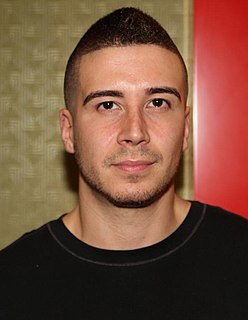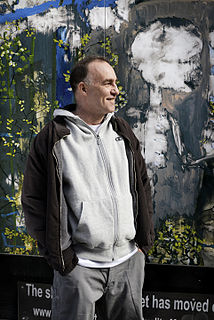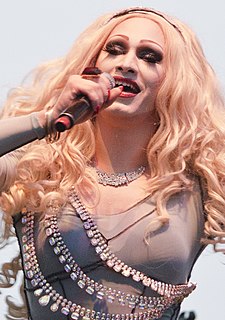A Quote by Jack Kirby
I draw people as I see them. I'm not involved in making artistic masterpieces. My, my object is to mirror people and I've always done that.
Related Quotes
In architecture, to do anything beyond object form is often treated as something extra-disciplinary - something outside the discipline that has nothing to do with art. So I'm making it clear that this is an artistic choice. It's not everyone's artistic choice. Some people should choose only to make object form because that's what gives them pleasure. But there are people for whom aesthetic pleasure comes from doing something else, and why would you deny that choice? It's another autonomous choice.
The thing about great fictional characters from literature, and the reason that they're constantly turned into characters in movies, is that they completely speak to what makes people human. They're full of flaws as much as they are full of heroics. I think the reason that people love them and hate them so much is because, in some way, they always see a mirror of themselves in them, and you can always understand them on some level. Sometimes it's a terrifyingly dark mirror that's held up.
There's a secret to get through loss, pain and grief. If we're alone we can't see who we are. When we join the club, other people become the mirror. Through them, we see ourselves and gain an understanding of what we're going through. Then slowly, real slowly, we learn to accept who we see in the mirror. Then you become the mirror for them; by being honest about who you are, you'll help them learn to love and accept themselves.
I never overestimate the audience, nor do I underestimate them. I just have a very rational idea as to who we’re dealing with, and that we’re not making a picture for Harvard Law School, we’re making a picture for middle-class people, the people that you see on the subway, or the people that you see in a restaurant. Just normal people.
My vision of punk rock was these dudes who were spitting on the audience and moshing. That's why I kind of left that scene. Then I see all these people around my same age or between 17 and 25 that were making music themselves in their own town. They weren't just singing, but creating. I see them putting out this music where there are tons of women involved in the scene and involved in the bands.
What I want to try to prove is that artistic games, when done properly, can still be a commercial success. By doing that, I will be able to essentially shift the industry and create more opportunity for people to create artistic games. In a way, making money is important for us right now. Not because we need it, but because the industry needs it.
The cool thing about making a Western is that people want to be in them. You rarely get the opportunity. With horror movies you are always trying to convince them. People in horror are always worried it's going to be this schlocky thing, and you're always trying to convince them that it's not. With Westerns, people immediately react with, "Oh, I've always wanted to do one."



































